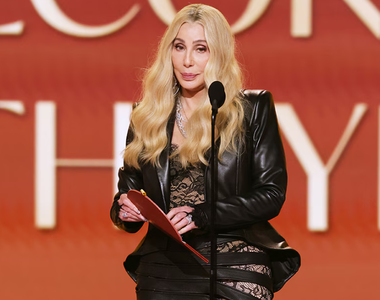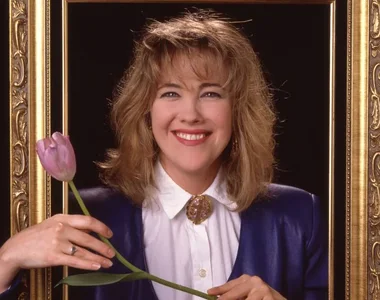
You may love or hate 'Emily In Paris', but you can not ignore her.
Currently, the second most popular show on Netflix, light comedy-drama, has received all the attention.
A week after the series premiere, Twitter is still fueled by reactions.
Mental health experts say that the psychological reason that people, even if they did not like it, brought the series to an end, has to do with our current ability to process stress and "the desire to escape."
In a pandemic, the spectacle of a woman wandering in the city of love with unbridled optimism, instead of a mask, is extremely unrealistic at the moment and is exactly "what the doctor ordered".
According to clinical therapist Caroline Given, our reaction to the series shows more about what we are going through than what the show presents.
"Polarizing views on 'Emily in Paris' reveal a lot about how people respond to crisis and chaos," she says.
People, who are experiencing something great, have two main tendencies, to face reality or to escape from it.
"The series asks viewers to believe that a 'junior' employee of a marketing agency can go to Paris to represent her company, while she does not know a word of French," says neuropsychologist Dr. Sanam Hafeez, "and instead indulge in fantasy, but the idea of ??'suspending reality' is as disgusting to some as it is to some."
The characters are without masks, people are next to each other in the club and life seems fun and not at all serious. People see these, wanting to be free and traveling without worrying about the pandemic.
The pandemic has inspired a philosophical way of thinking for many people and this has made some viewers become better judges of information.
"The essential truth of information is constantly being questioned and there is a great universal desire for truthfulness and sincerity right now."
So by looking at how you reacted to "Emily In Paris", you may be able to understand how you feel now about life in general.
If you are wondering how useless the series was, you probably do not have in mind any possible "escape" and that is fine.
Source: Bustle





